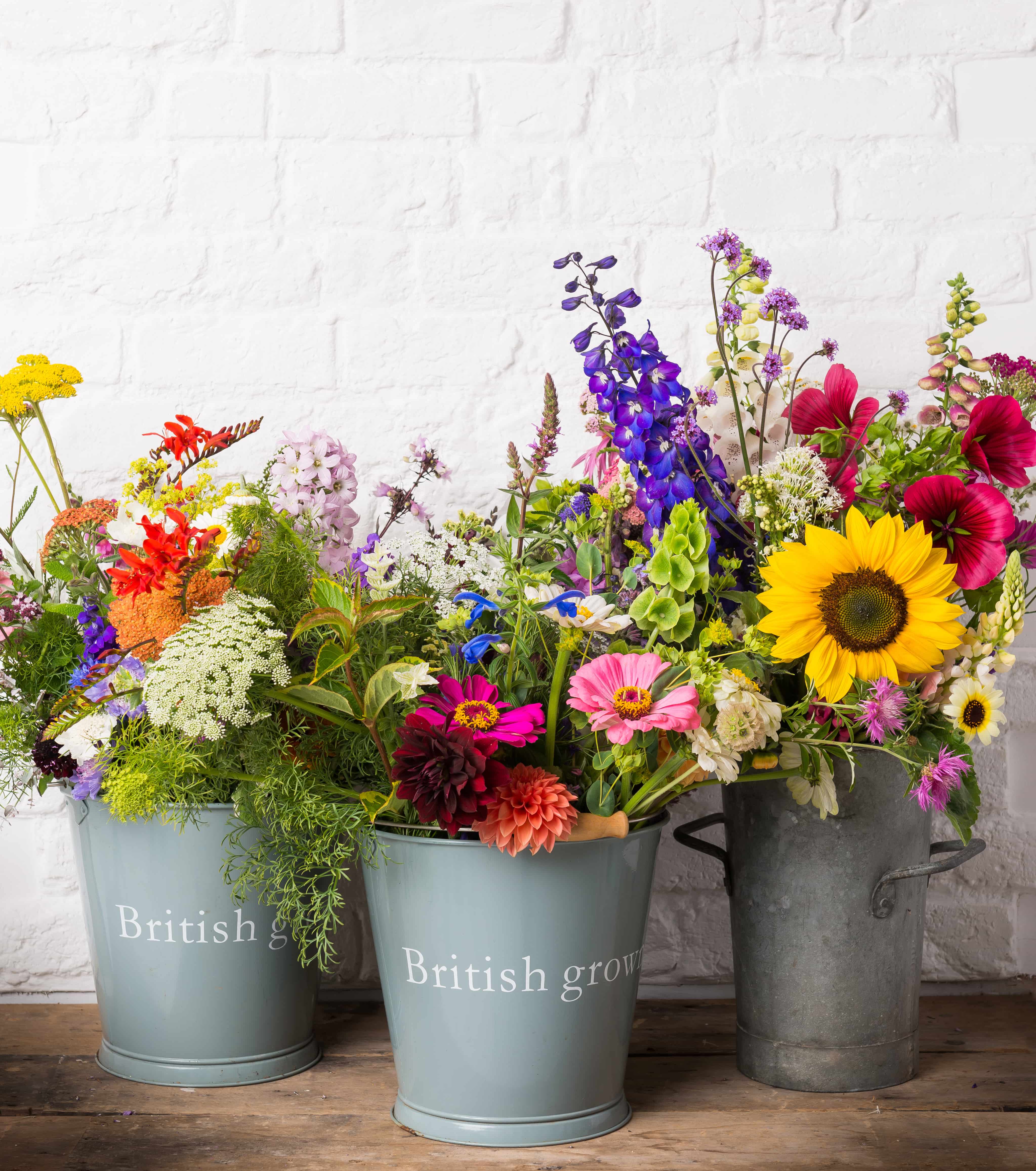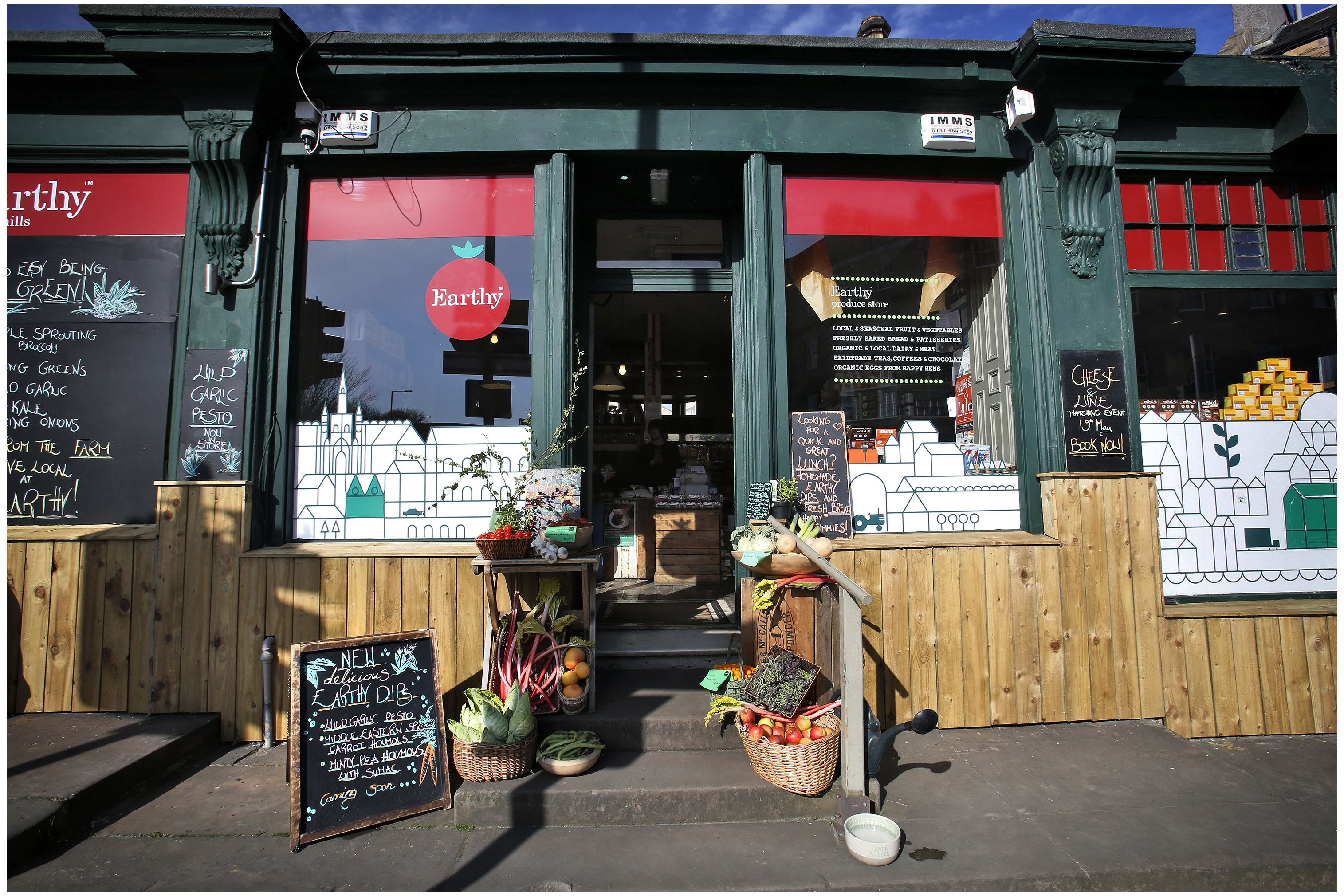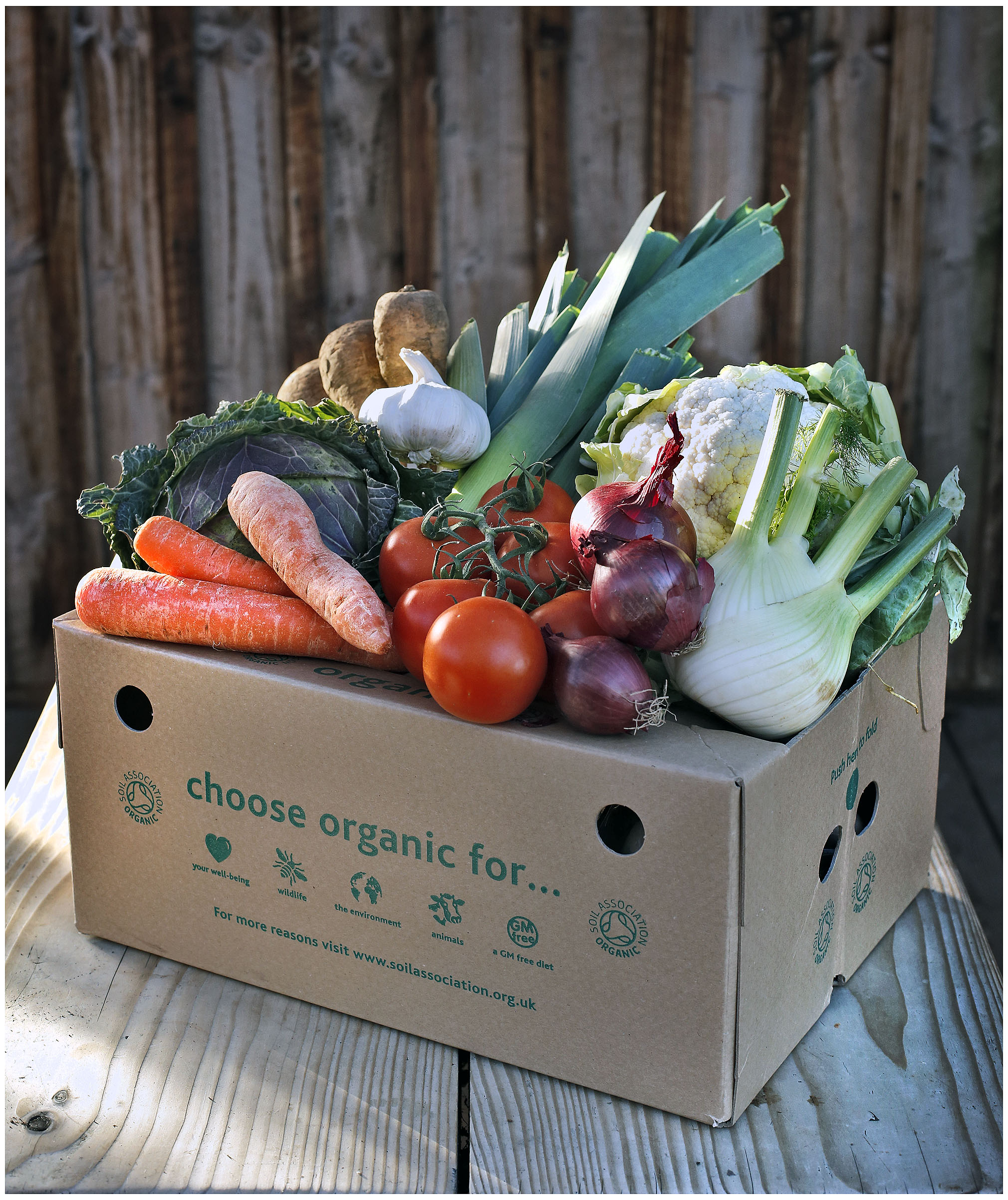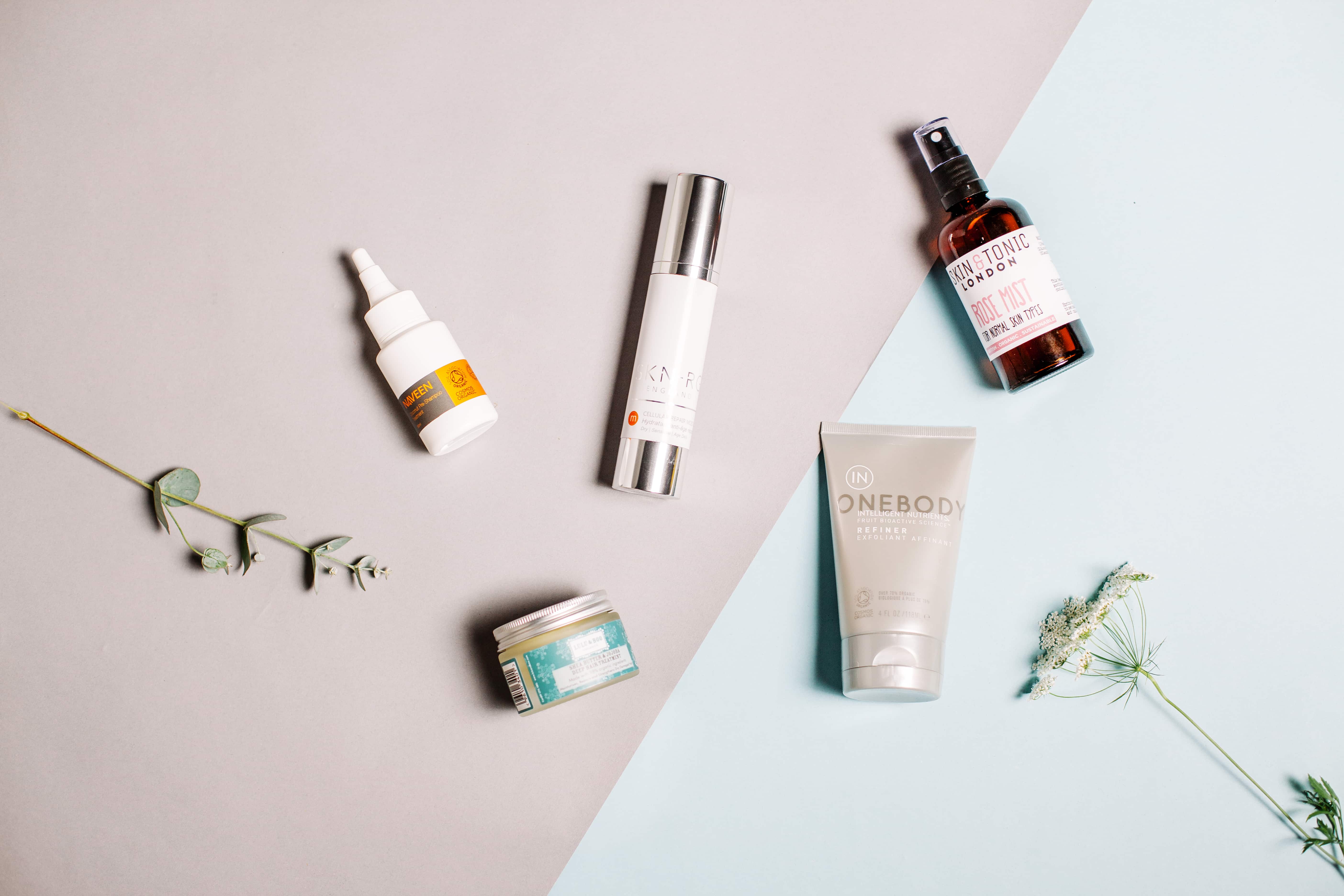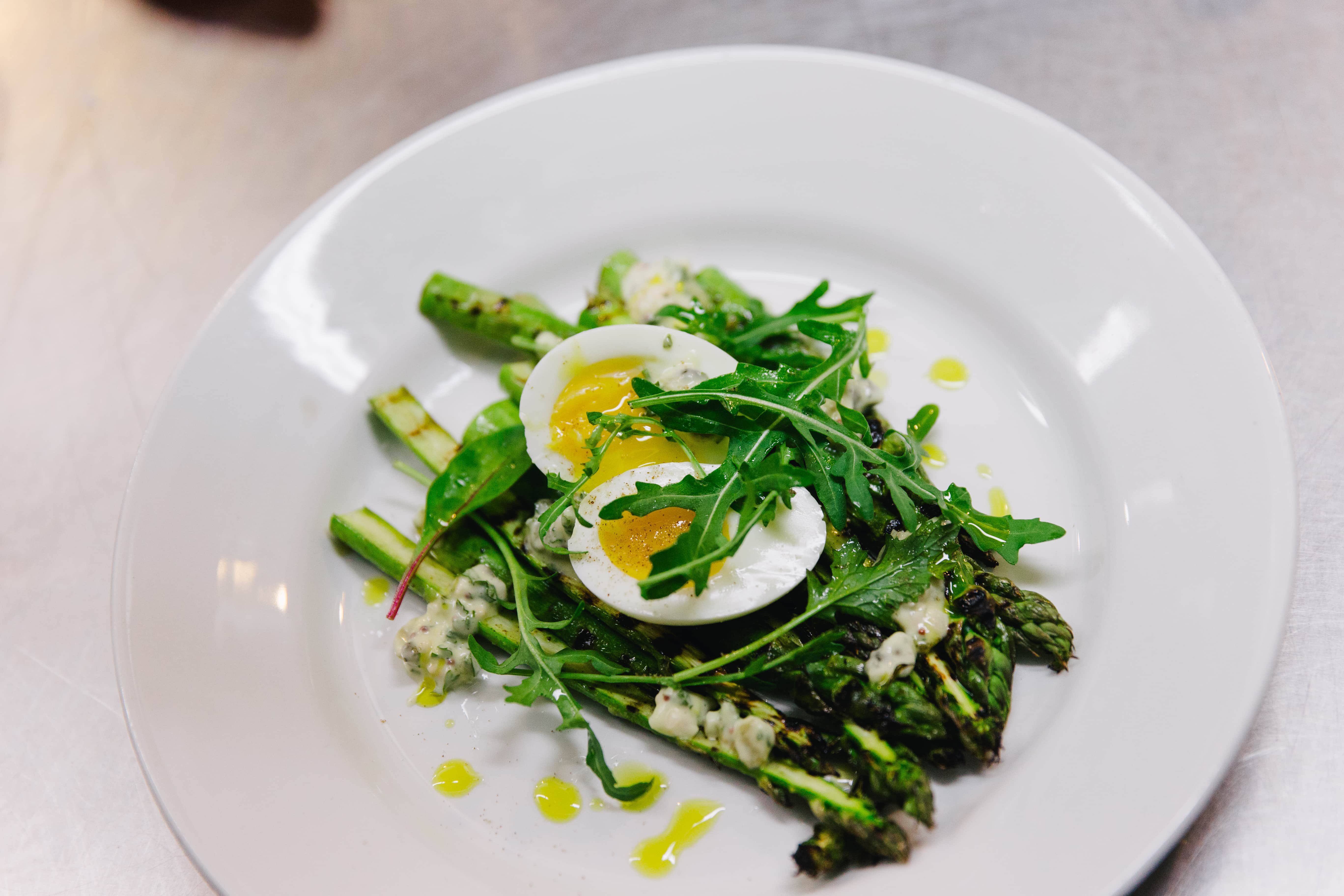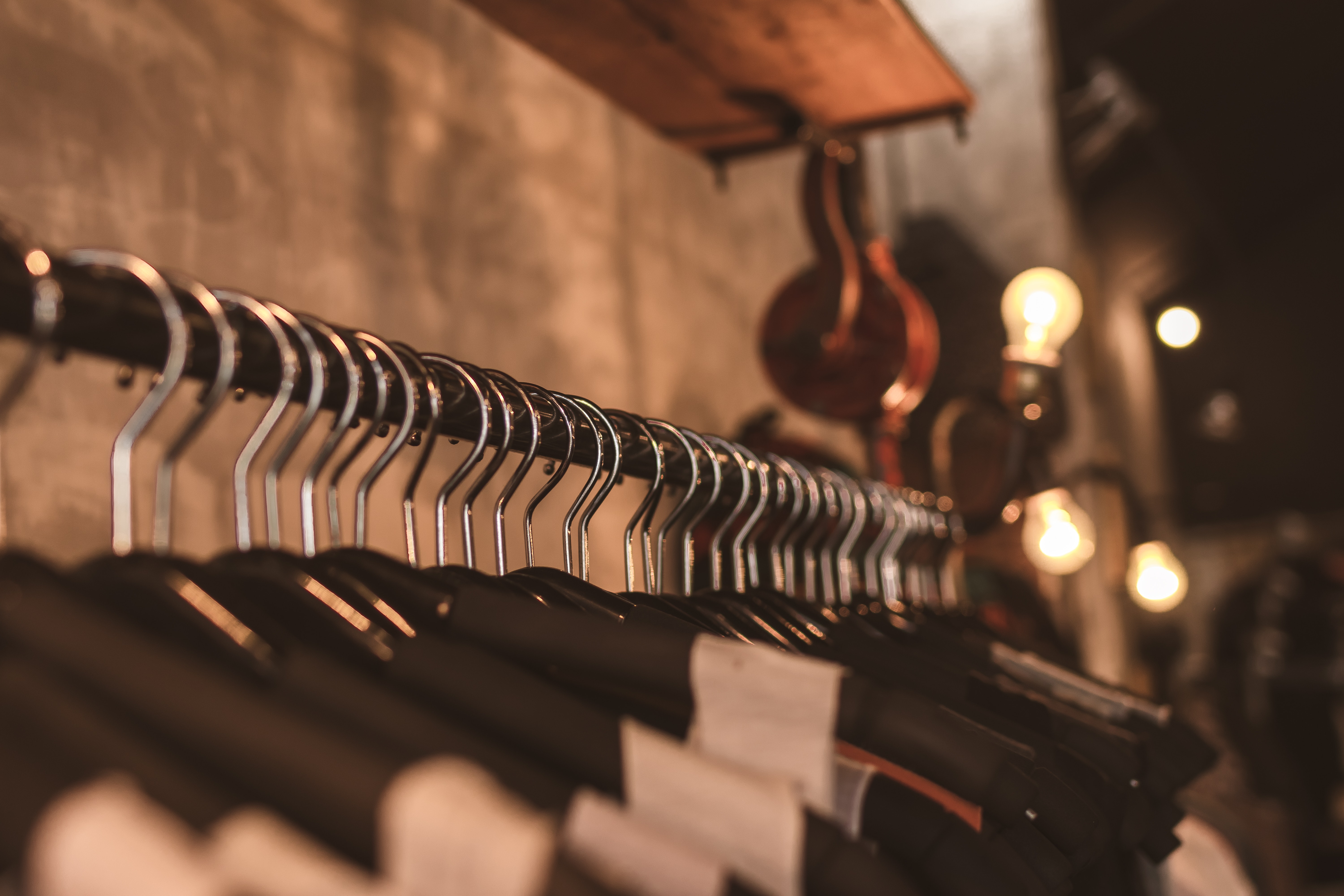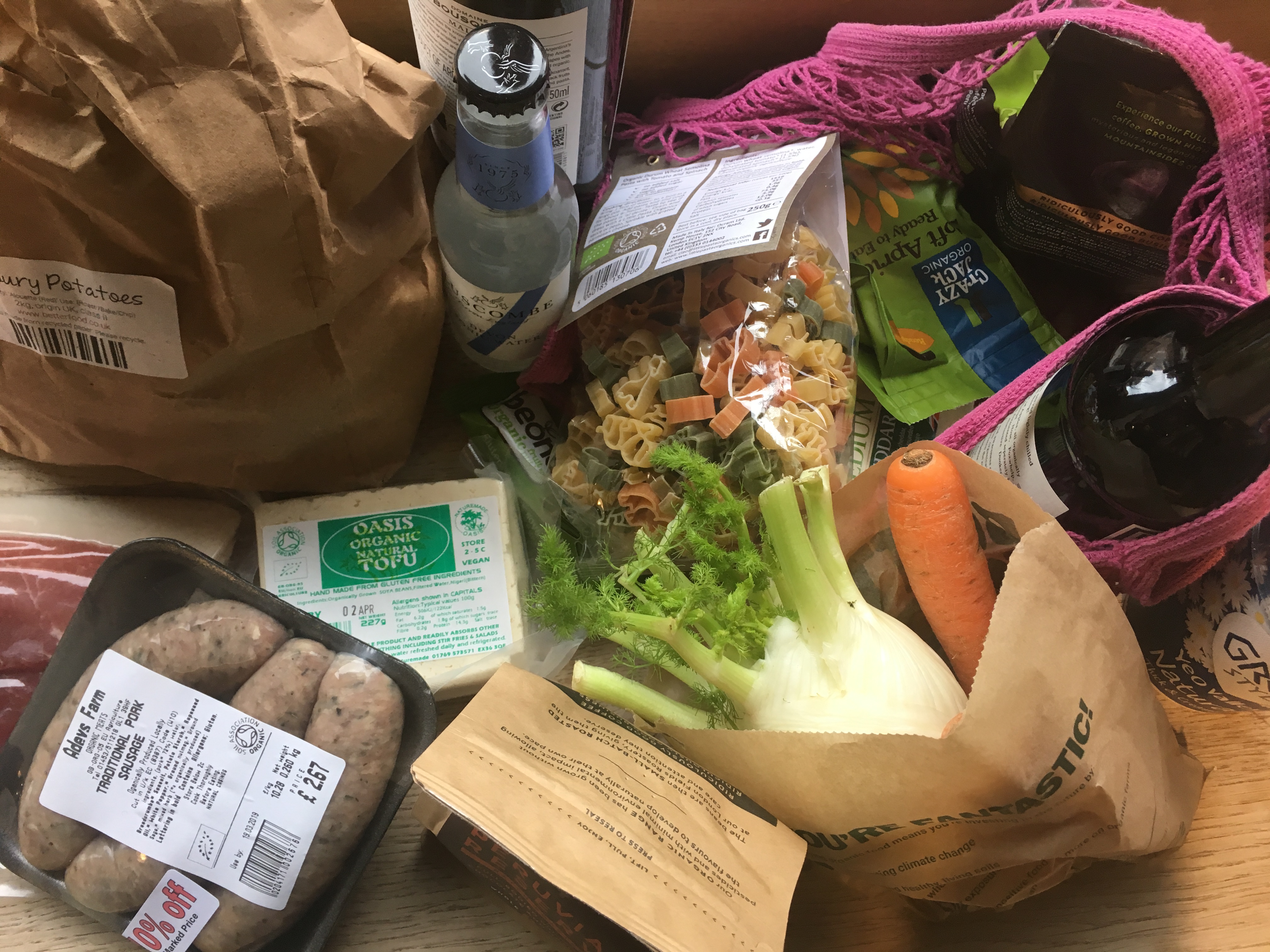
- Soil Association
- Take action
- Organic living
- Buy organic

Buy organic
It's easier than you think to choose organic
Switching just some of your shopping to organic items can really help to make positive changes within our food and farming systems. Demand for more organic food means more organic farms. More organic farms mean fewer pesticides, more wildlife and more animals raised to the very highest standards.
Organic products are available in hundreds of stores - from supermarkets to indie retailers, and there are other easy ways to get a bit more organic on your plate; like a weekly veg box delivery or eating out in a restaurant with sustainable credentials.
-
Look for the logo
Organic food is everywhere. It's available nationwide in over 8,000 supermarkets and independent retailers, box schemes, restaurants and cafes.

-
![]()
Find your local Independent Retailer
Find an indie retailer in your local area, lots of indies stock unpackaged organic fruit and veg and some fantastic lesser know organic brands
-
![]()
Find An Organic Box Scheme
From fruit and veg, to eggs, meat, herbs and honey, hundreds of organic farmers offer box delivery schemes across the UK - healthy, seasonal, organic food, delivered to your door
-
![]()
Find an Organic Home Delivery Service
Find shops and businesses offering organic food and drinks products delivered to your door.
-
![]()
Organic Beauty & Wellbeing
Browse a list of all of our certified beauty and wellbeing brands; from skincare to hair care.
-
![]()
Find Organic restaurants & cafes
Find restaurants & cafes near you serving certified organic ingredients on their menus.
-
![]()
Organic Fashion & Textiles
Browse our certified textiles brands, selling organic cotton, wool, hemp and linen.
Why does organic sometimes cost more?
In an ideal world, organic wouldn’t need to be more expensive. A big part of the problem is that the true cost of our food isn’t reflected in the price, both the positives and the negatives. So food that is produced in ways that may contaminate our water or lead to antibiotic resistance, may seem cheap in the store, but the real cost can be very high indeed.
Where there is a price difference, you are paying for the special care organic farmers place on protecting the environment and improving animal welfare. As the costs of farming with oil-based fertilisers and chemicals increase, the price gap between organic and non-organic is closing.
While organic food is sometimes more expensive than non-organic, staples like pulses, pasta, rice and wholegrains often only differ in price by a couple of pence, and when you can, buying directly from farmers through box schemes can help too.
-
![cutting up vegetables]()
Organic on a budget
Buying organic on a budget is possible. Find out how you can buy and cook delicious and nutritious organic food without breaking the bank.
-
![]()
Organic in the supermarket
Lots of supermarkets have their own organic ranges, as well as stocking some household organic names, like Yeo Valley and Green & Black's.

